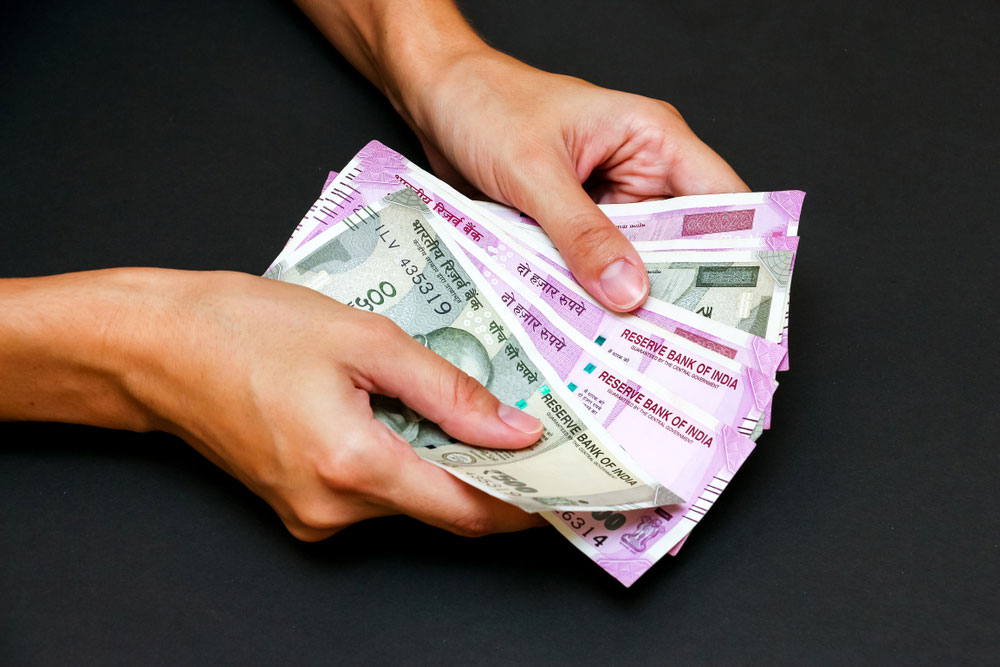The Narendra Modi-government is expected to come out with another round of measures to boost demand in the economy, including increased public spending and putting more money in the hands of consumers through income tax cuts.
The Prime Minister’s Office and top officials of the finance ministry have held a number of meetings on the impact of the measures taken so far and what more could be done to boost growth, sources said.
They said there have been discussions on reducing income tax rates and prodding banks to offer attractive EMIs for auto and housing loans.
Other proposals include raising public investments in infrastructure, particularly in rural areas, under different existing schemes that would generate jobs and asking state-run firms to front-load their budgeted expenditure.
The government is expecting demand to pick up because of some of the recent decisions. The cabinet had raised the dearness allowance (DA) of five million central government employees and 6.5 million retired employees by 5 percentage points, hoping the Rs 10,600 crore-package will boost consumption in the ongoing festive season.
With Diwali a week away, there is a ray of hope that the government would announce some measures for individual taxpayers after polling ends in Maharashtra, Haryana and other states.
A panel on Direct Tax Code, led by Central Board of Direct Taxes (CBDT) member Akhilesh Ranjan, has submitted its report to finance minister in August. The contents of the report have not been made public yet.
Some reports have indicated that the panel has recommended introducing a 10 per cent tax rate slab for annual income between Rs 2.5 lakh and Rs 10 lakh followed by a 20 per cent rate for the Rs 10-20 lakh bracket and 30 per cent, or higher, for higher income levels. If these changes are introduced, this will come as a major relief for those in the Rs 5-8 lakh slab, who have been paying 20 per cent tax since 2010-11.
Economist N. R. Bhanumurthy of the National Institute of Public Finance and Policy said given the present state of the economy, there is a need to “forget” about adhering to the 3.3 per cent fiscal deficit target and increase government expenditure to get the economy back on track.
However, the revenue impact of the sops is also being assessed as lower-than-expected GST collections and tax giveaways from the corporate tax cut could have an impact on the fiscal deficit for the current year.
Official data suggested that the recent corporate tax cut will result in a revenue loss of Rs 1.45 lakh crore for the government.
The discussions also veered around increased earnings from the strategic sale of state-owned firms to make up for the revenue lag, sources said.
The GST collections dropped sharply in September to Rs 91,916 crore from Rs 98,202 crore collected in August to hit a 19-month low.
Data released by Controller General of Accounts said the government exhausted 78.7 per cent of the full-year fiscal deficit target and 89.8 per cent of the revenue deficit target for 2019-20.










